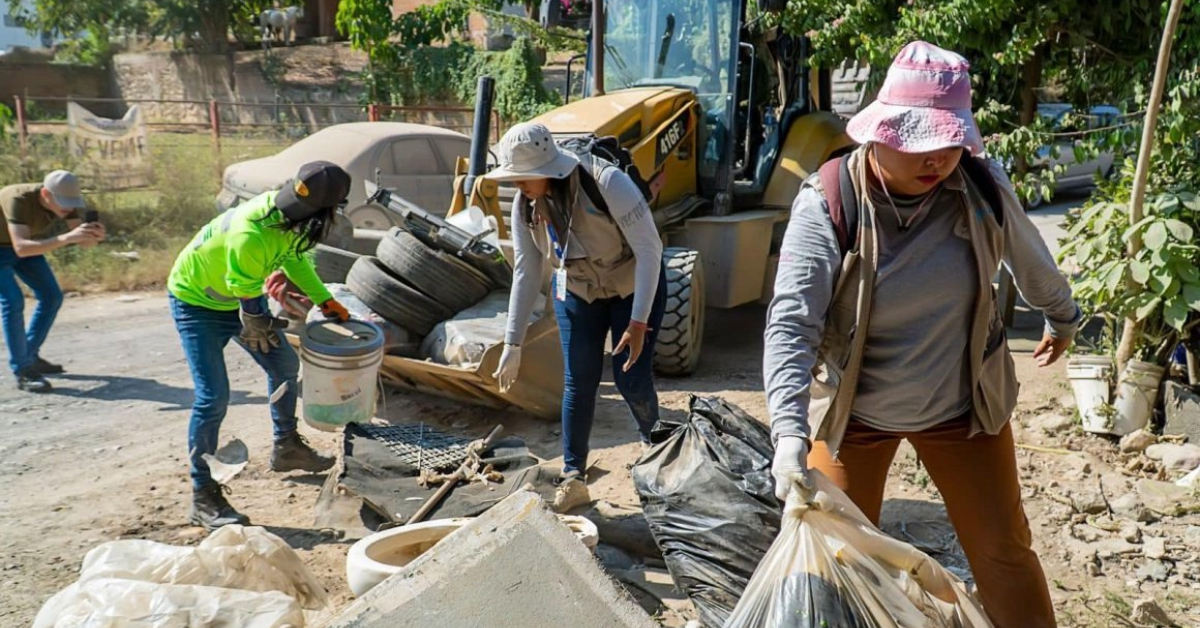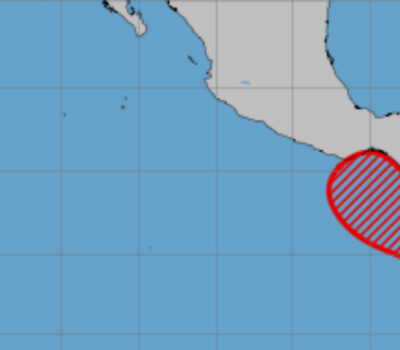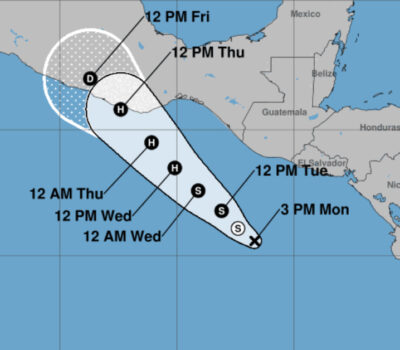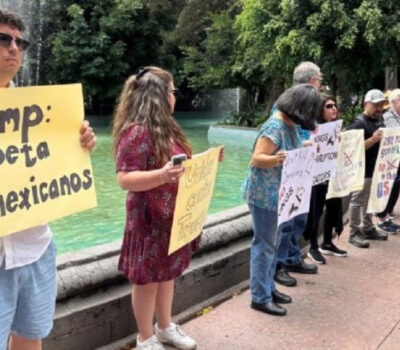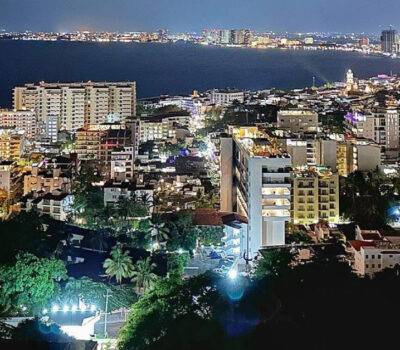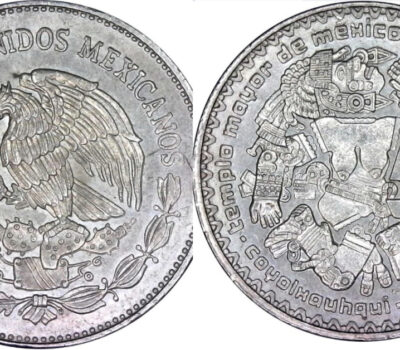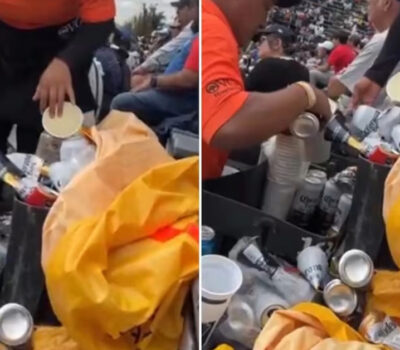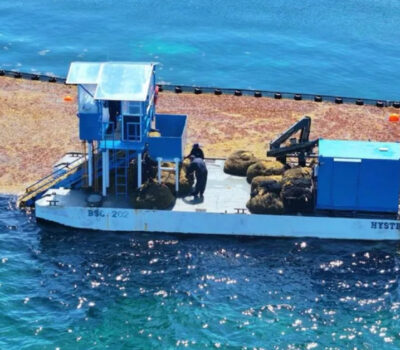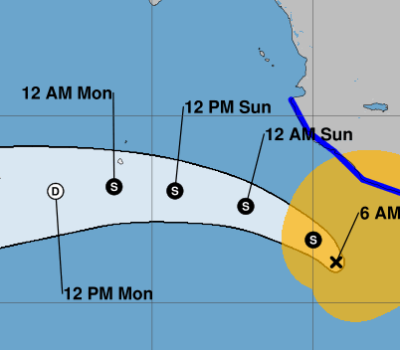Puerto Vallarta, Mexico – In an ongoing effort to curb the spread of diseases transmitted by the Aedes aegypti mosquito, such as dengue, Zika, and chikungunya, nearly 2,000 tons of junk have been removed from urban areas of Puerto Vallarta this year. This significant achievement was reported by Jaime Álvarez Zayas, director of the Eighth Health Region under the Jalisco Ministry of Health.
Álvarez Zayas emphasized the importance of these efforts, known locally as “descacharrización” (de-junk removal), as a crucial part of the fight against mosquito-borne illnesses. He explained, “Massive campaigns to eliminate breeding sites continue. In the reactivation of this campaign with the current government alone, more than 30 tons were collected. Year-to-date, we have already collected almost 2,000 tons in Puerto Vallarta.”
A Critical Public Health Initiative
The regional health official underscored that eliminating mosquito breeding sites is a cornerstone of the anti-dengue strategy, accounting for over 70 percent of prevention efforts. “This is a totally urbanized mosquito, a domesticated mosquito,” Álvarez Zayas noted, explaining that these insects thrive in human environments, particularly in households.
While dengue and related illnesses are often associated with the rainy season, the health official cautioned that Aedes aegypti mosquitoes remain active year-round. “The eggs of this mosquito can adhere to the walls of containers that hold water, even the smallest amounts. These eggs can survive for months, waiting for the right conditions to hatch,” he added.
Prevention Begins at Home
Álvarez Zayas urged residents to take proactive measures to prevent the formation of mosquito breeding grounds. “The best way to combat this issue is to eliminate unused water containers in and around the home. If containers are necessary, they should be washed, turned upside down, discarded, or securely covered to prevent them from becoming mosquito habitats.”
The health official stressed that community participation is vital in ensuring the effectiveness of descacharrización campaigns. By addressing potential breeding sites at the household level, residents contribute to reducing the risk of mosquito-borne illnesses.
Sustained Efforts Against a Persistent Threat
The success of these large-scale clean-up campaigns highlights the commitment of both the local government and residents to public health. However, the fight against dengue requires ongoing vigilance and collective action. Health authorities in Puerto Vallarta continue to promote educational initiatives and community involvement to sustain the momentum of these efforts.
The removal of nearly 2,000 tons of junk from Puerto Vallarta’s urban areas is a testament to the city’s dedication to safeguarding public health. As the campaign progresses, authorities remain focused on reducing the prevalence of mosquito-borne diseases and ensuring a safer, healthier environment for all residents and visitors.
Puerto Vallarta, Mexico – In an ongoing effort to curb the spread of diseases transmitted by the Aedes aegypti mosquito, such as dengue, Zika, and chikungunya, nearly 2,000 tons of junk have been removed from urban areas of Puerto Vallarta this year. This significant achievement was reported by Jaime Álvarez Zayas, director of the Eighth Health Region under the Jalisco Ministry of Health.

